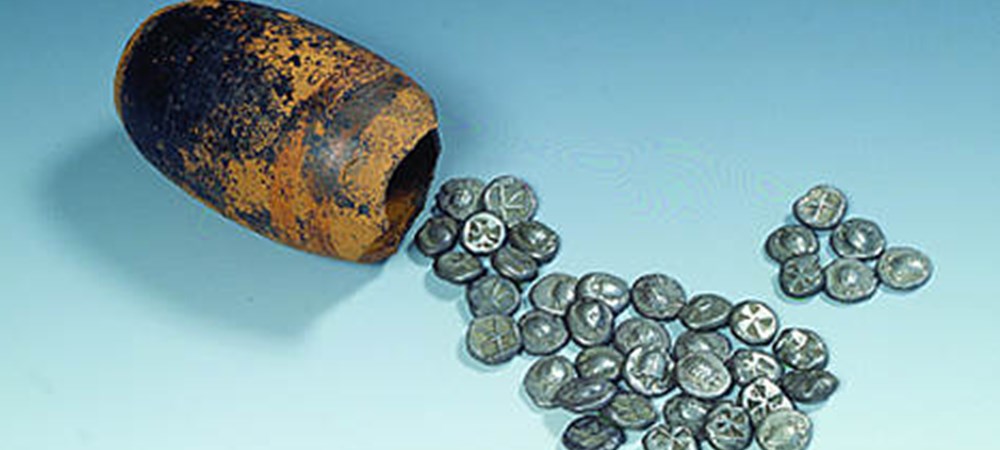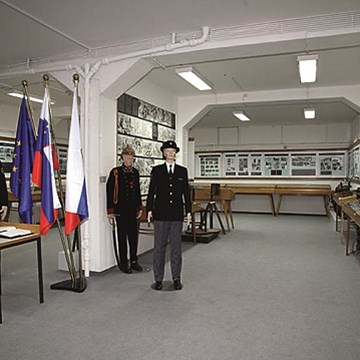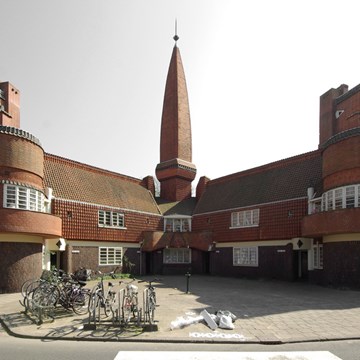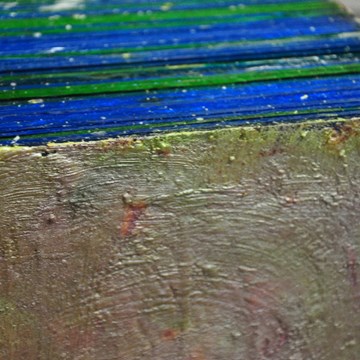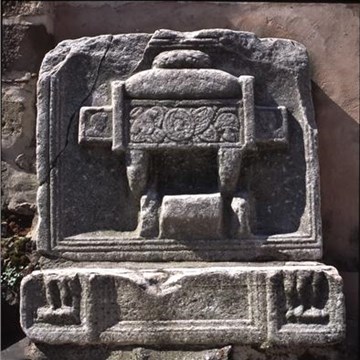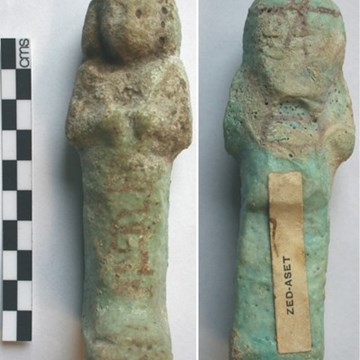Coinage in the Ancient Greek World – Origins and Spread
The origins of coinage, its manufacturing technique and the spread of its use are shown in the Hesperides Hall. In the 6th century BC Greek city-states began issuing their own coins. The turtles of Aegina, the foals of Corinth, the owls of Athens were the first coins issued in Greece. The hoards, groups of coins, offer important information on coin circulation and economy in many regions of the ancient Greek world.
Text source
Image source
Exhibitions and events
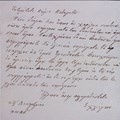
The Iliou Melathron and Heinrich Schliemann
Permanent exhibitionThe room is dedicated to the Iliou Melathron, a monumental 19th century residence in downtown Athens and to the extraordinary personality of its first resident Heinrich Schliemann, the “father of...
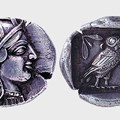
Coinage in the Ancient Greek World – International and Common Coins
Permanent exhibitionThe use of coins spread in the then known world via the Greek colonies in Magna Grecia and the Euxine Pontus. The tetradrachm of the Athenian Democracy as well as the silver tetradrachm and the gold...
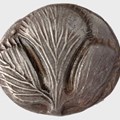
Coinage in the Ancient Greek World – Iconography and Ideology
Permanent exhibitionCoins displayed on their surfaces themes characteristic of the issuing authority and easily recognizable by those who used them. Favourite themes of ancient Greek coin iconography include divinities,...
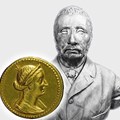
The Great Donors of the Numismatic Museum
Permanent exhibitionCharacteristic pieces from the collections of the most important donors of the Numismatic Museum are exhibited in the dining-room of the Schliemann residence. The assemblage of collections and their...
Activities from this museum
We don't have anything to show you here.

